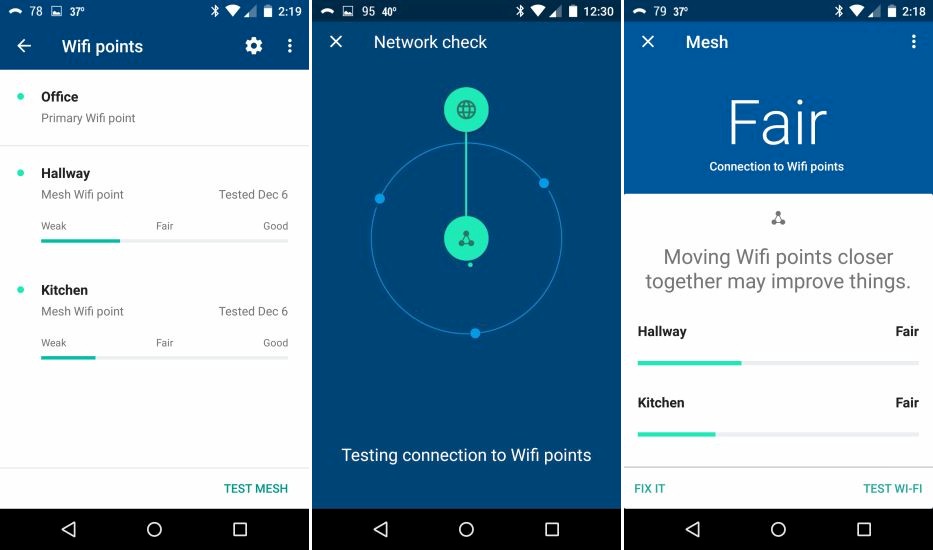My Wi-Fi is fine really - not even something that I should be concerned about. My computer normally speed tests at 125-175 Mbps and my phone about the same or better. I'm not a gamer, so I don't really need super high speed. But my smart TV's still spool every once in a while, which is annoying.
So, when Mediacom (Xfinity) said they were raising my speed from 400 to 600 Mbps, It made me wonder if things really should be working faster.
So, I bought a new Arris 3.1 DOCSIS router and a eero 6+ Mesh Wi-Fi and figure I was ready to see what fast speeds would be like.
However, the speed increase was negligible. Computer at 175, phone at 210.
Called Mediacom and they said my device speeds should be more like 550. Had a tech come out and check it out - the speed to the house was 800 and the eero wi-fil was picking up 800. I can see the 800 speed on my eero app.
Called eero and they said that if your getting 200+ on your devices that's about as good as you can do on a wireless wi-fi.
That's nonsense - internet speeds in some places are over 1 gig. What's the point if devices are going to stay at 200 anyway?
So, what am I missing?
I know there are plenty of tech guru's out there - but if you want to help please try to dumb the explanations down a smidge.
Need your help HROT!
So, when Mediacom (Xfinity) said they were raising my speed from 400 to 600 Mbps, It made me wonder if things really should be working faster.
So, I bought a new Arris 3.1 DOCSIS router and a eero 6+ Mesh Wi-Fi and figure I was ready to see what fast speeds would be like.
However, the speed increase was negligible. Computer at 175, phone at 210.
Called Mediacom and they said my device speeds should be more like 550. Had a tech come out and check it out - the speed to the house was 800 and the eero wi-fil was picking up 800. I can see the 800 speed on my eero app.
Called eero and they said that if your getting 200+ on your devices that's about as good as you can do on a wireless wi-fi.
That's nonsense - internet speeds in some places are over 1 gig. What's the point if devices are going to stay at 200 anyway?
So, what am I missing?
I know there are plenty of tech guru's out there - but if you want to help please try to dumb the explanations down a smidge.
Need your help HROT!



